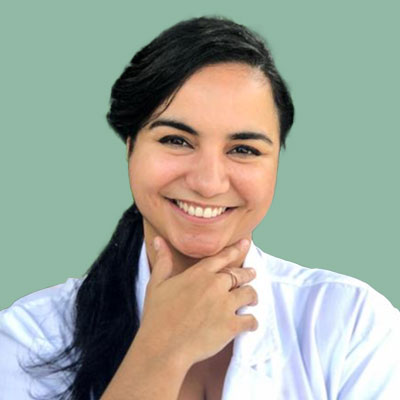Paula S. Espinal
p.espinal@med.miami.edu
Program: MPH
Graduation Year: 2014
Employer: Nicklaus Children’s Biobank and Precision Medicine Research Program
Job Title: Manager, and Co-Principal Investigator
Dr. Espinal is a translational medical researcher with nine-plus years of experience in various research programs. She specializes in clinical trials, genomic medicine, and translational sciences across different disease groups.
Dr. Espinal is a medical doctor and epidemiologist accredited by the American Association of Tissue Banks and the International Society for Biological and Environmental Repository (ISBER). She is also certified in Fundamentals of Clinical and Translational Research by The Harvard Clinical and Translational Science Center.
As a multilingual professional in the medical field, she has worked on public health issues in Mexico, Colombia, and Brazil with esteemed organizations like PADF and PAHO and held positions as a medical officer at CDC.
Dr. Espinal has had diverse clinical research experience in managing trials and serving on scientific committees at Sylvester Comprehensive Cancer Center (SCCC, FRC), University of Miami (UM-PRMC, CRAC), and Nicklaus Children's Hospital (SAC).
In her current role, Dr. Espinal is responsible of the day-to-day operations of Nicklaus Children’s Precision Medicine and Biobank Research program. Her team has recruited more than 2,000 participants and 3,500 biospecimens processed. Dr. Espinal has also supported the implantation of clinical diagnostic genomic (WGS/ rWGS) at Nicklaus Children’s Hospital, and the implementation of Personalized Ex-vivo research drug screening research protocol.
Dr. Espinal also developed and implemented an outreach after- school educational genomics program (Project GENES) focused on increasing genomics literacy in underserved communities of color in South Florida.
Her research is focused on health disparities and disease characteristics associated with Population Genomics and Public Health Economics and Sustainability models. Dr. Espinal is concentrated on translating genome-based knowledge and technologies into public health economics, health policies, and healthcare as a whole.





